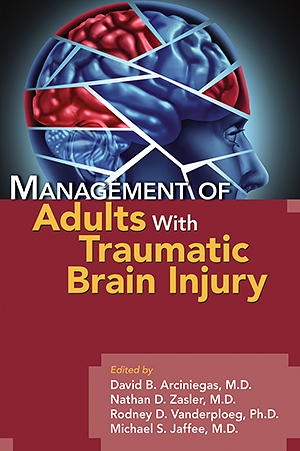Chapter 2.Medical Evaluation
Sections
Excerpt
Comprehensive medical evaluation is a prerequisite to the treatment of the cognitive, psychiatric, sensorimotor, and functional problems experienced by individuals with traumatic brain injury (TBI). The evaluation necessarily entails characterizing the injury to the brain, other co-occurring injuries, and the care needs attendant on them. However, a thorough evaluation also must address many other issues. As Sir Charles P. Symonds (1937), the acclaimed British neurologist, cautioned in his exposition to the Royal Society of Medicine in 1937, “The later effects of head injury can only be properly understood in light of a full psychiatric study of the individual patient, and in particular, his constitution. In other words, it is not only the kind of injury that matters, but the kind of head” (p. 1092). More recent formulations emphasize the combined influences of preinjury factors, injury factors, and postinjury factors on symptom development and resolution following TBI and encourage consideration of all of these factors when assessing persons with such injuries (Arciniegas and Silver 2013; Silver et al. 2009) (Figure 1-).
Access content
To read the fulltext, please use one of the options below to sign in or purchase access.- Personal login
- Institutional Login
- Sign in via OpenAthens
- Register for access
-
Please login/register if you wish to pair your device and check access availability.
Not a subscriber?
PsychiatryOnline subscription options offer access to the DSM-5 library, books, journals, CME, and patient resources. This all-in-one virtual library provides psychiatrists and mental health professionals with key resources for diagnosis, treatment, research, and professional development.
Need more help? PsychiatryOnline Customer Service may be reached by emailing [email protected] or by calling 800-368-5777 (in the U.S.) or 703-907-7322 (outside the U.S.).



